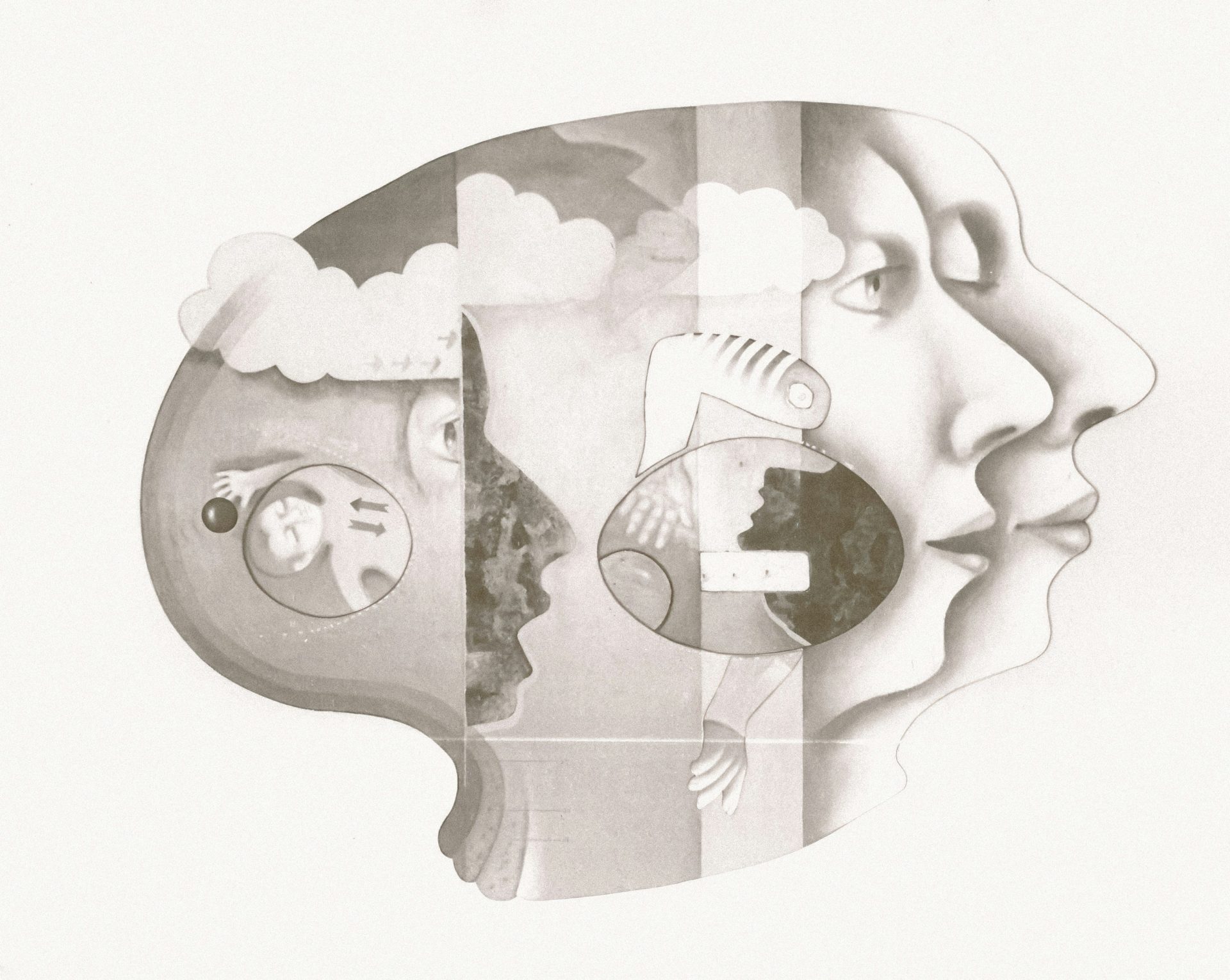
Why is there this difference? Researchers have put forward a hypothesis: people with autism may have an atypical reward system. In other words, they may be less sensitive to the negative emotions associated with failure. This would allow them to maintain their motivation and continue learning, where others would become discouraged. This phenomenon could have significant implications. While failure causes some people to abandon their goals, individuals with autistic traits may be better equipped to persevere. This cognitive resilience deserves to be recognised and valued, particularly in educational and professional environments.
Rethinking the strengths of autism
Psychology researcher Francesca Happé emphasises the importance of focusing on the successes of autistic individuals rather than their difficulties. She argues that autism is not just a set of deficits, but also a different – and sometimes advantageous – way of thinking and learning. For his part, Simon Baron-Cohen proposes a theory that autistic people have a strong capacity for systematisation. They are good at understanding systems, rules and structures. This ability could explain their performance in complex tasks, even in the face of negative feedback.
Towards a more inclusive view of learning
These findings invite us to rethink our teaching methods. Rather than focusing solely on positive feedback, it would be appropriate to incorporate approaches that value perseverance in the face of failure. People with autistic traits could serve as models for developing more resilient learning strategies.
Furthermore, recognising the cognitive strengths associated with autism would enable better support for students and professionals concerned. This would contribute to a more inclusive society, where diversity in cognitive profiles is seen as an asset.
Far from being a handicap in all areas, autistic traits can be a real asset, particularly in dealing with failure. By valuing these skills, we can not only better understand autism, but also improve our educational and professional practices. Learning does not depend solely on success – sometimes it is in failure that true potential lies.
Autistic traits may aid learning in the face of failure | BPS